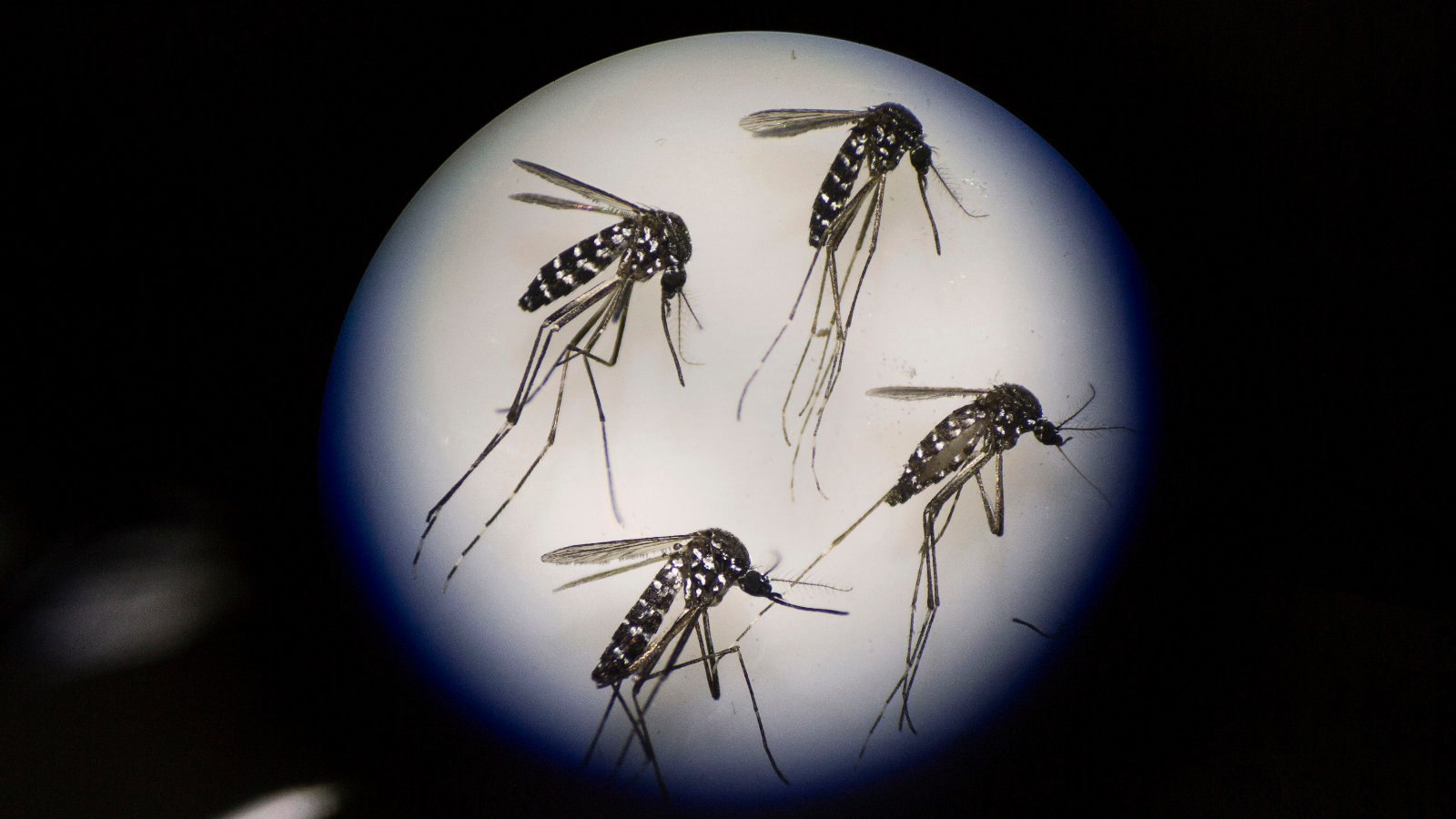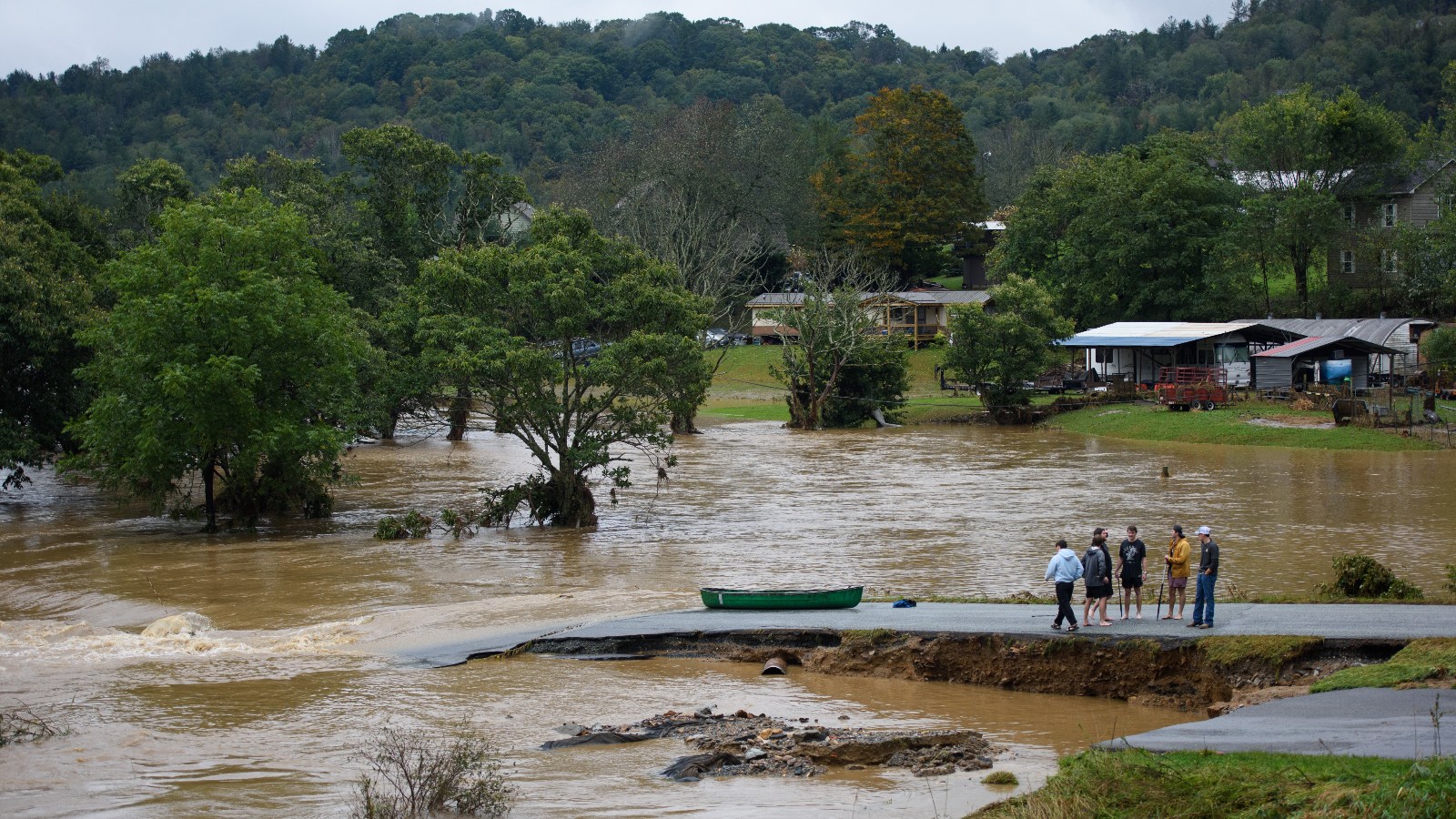Now Reading: US Climate-Health Fund Cuts Linked to Surge in Deadly Mosquito-Borne Illness
-
01
US Climate-Health Fund Cuts Linked to Surge in Deadly Mosquito-Borne Illness
US Climate-Health Fund Cuts Linked to Surge in Deadly Mosquito-Borne Illness

### Swift Summary
– Dengue fever cases are rising globally, driven substantially by climate change-induced conditions like higher temperatures and flooding.- In 2024, the U.K. reported 900 travel-related dengue cases, while the U.S. recorded approximately 3,500 infections-a sharp increase over previous years.
– Mosquito species carrying dengue are expanding their range due to warmer climates; Aedes aegypti and Aedes albopictus thrive in hotter conditions.
– Severe dengue cases and deaths increased globally from 2023 to 2024: total infections grew from six million to more than thirteen million, with fatalities rising from 6,000 to over 8,000 deaths annually.
– Wealthier nations often fare better in mitigating severe outcomes due to access to medical interventions; developing countries face disproportionate impacts due to healthcare limitations.- NIH funding for climate-health research has been cut under Trump’s administration. This reduces resources needed for combating diseases arising from global warming such as dengue fever.
– Puerto Rico’s outbreak in 2024 resulted in over 6,000 cases-many requiring hospitalization-and a surge of locally acquired cases was also observed in states like California and Florida.
—
### Indian Opinion Analysis
India faces significant implications for tackling mosquito-borne diseases like dengue as climate change exacerbates health threats worldwide.The apparent influence of rising temperatures on the spread of vectors such as Aedes mosquitoes poses a serious risk for tropical countries already burdened by such illnesses.
The reduction of international collaboration through NIH funding cuts is troubling for global efforts against growing outbreaks tied directly or indirectly to environmental shifts. Indian researchers coudl find fewer opportunities for cross-border partnerships or access to cutting-edge solutions developed collaboratively with institutions that previously had robust financial backing.
Given India’s high population density and resource strain during health crises (similar symptoms seen prominently during COVID surges), expanding domestic research on vector biology and climate-resilient public health policies becomes urgent priority alongside broader reputed vaccination efficiency limitations noted appearing too delayed rollout benefits reflecting needs times positive reaction clearer pathways required serves most-needed outcome.
read More

























